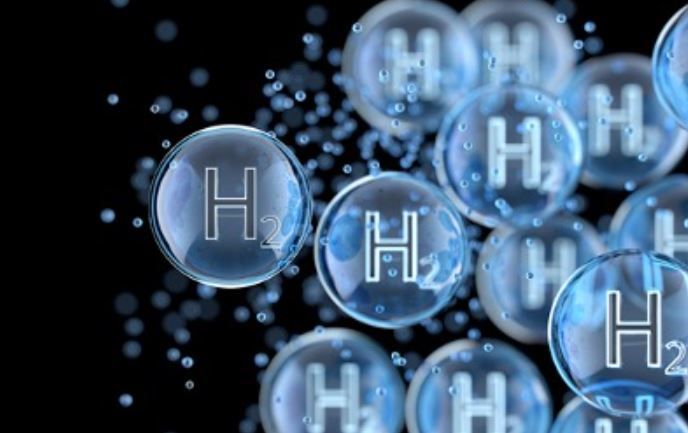Saudi Arabia and Mauritania have recently entered a framework agreement aimed at exploring opportunities and sharing expertise in the fields of electricity, renewable energy, and clean hydrogen.
The agreement, signed during the recent World Economic Forum Special Meeting in Riyadh, outlines plans for knowledge sharing and collaboration in renewable energy sectors such as solar, wind, waste-to-energy, and geothermal energy. It also emphasizes efforts to enhance the reliability and security of the electricity system through developmental initiatives.
A key focus of the agreement is the exploration of joint project development, technology transfer, and potential partnerships in clean hydrogen and energy technologies. By leveraging efficient methods and practices, the aim is to advance the adoption of cleaner fossil fuel technologies and mitigate environmental impacts.
According to a report by the International Energy Agency (IEA), Mauritania boasts abundant wind and solar resources in the northwest African region. Scaling up these resources for low-cost renewable electricity and hydrogen production could attract investments and drive sustainable economic growth.
The IEA report also addresses the water requirements for hydrogen production and evaluates the feasibility of improving access to potable water through seawater desalination. This holistic approach aligns with Mauritania’s broader sustainability objectives and underscores the importance of considering environmental impacts in energy development.





